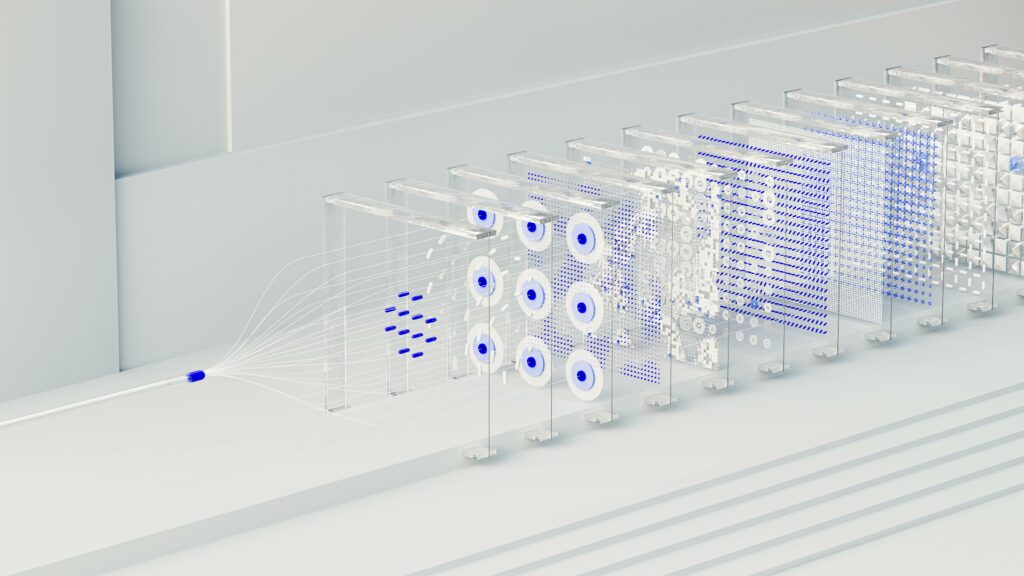What are the future trends in academic publishing?

Interactive Publications: There is a growing interest in making academic publications more interactive and engaging. This could involve incorporating multimedia elements, data visualizations, and interactive figures to enhance the reader’s understanding.
Interdisciplinary Research Journals: With the increasing emphasis on interdisciplinary research, there is a trend towards the development of journals that focus on bridging the gap between different fields of study.
Shift in Publishing Models: The traditional subscription-based publishing model is being challenged. Some publishers are experimenting with new models, such as “publish and read” agreements, where institutions pay a fee to support open access to articles from their researchers.
Language Agnostic Platforms: New interactive platforms that allow authors to reach a wide audience may be a preferred option in the future. This may be particularly suitable for communicating research findings in a more accessible language.
Artificial Intelligence in Peer Review: AI technologies, including natural language processing and machine learning, may play a larger role in the peer-review process. These technologies could help with plagiarism detection, manuscript screening, and even assist in the review process itself.
Open Access Movement: The push for open access continues to gain momentum. Many funding agencies and institutions are increasingly advocating for open access to research outputs, making academic publications freely accessible to the public. This movement aims to address issues related to the accessibility and affordability of scholarly information.
Preprints and Rapid Publication: Preprints, which are early versions of research papers shared before formal peer review, have become more popular. They allow for the rapid dissemination of research findings. Some disciplines have embraced preprints more than others, and this trend may continue to grow.
Post-publication Peer Review: Traditional peer review may shift towards post-publication peer review, where articles are published first and then undergo review by the academic community.
Altmetrics: Traditional metrics, such as citation counts, are increasingly being supplemented by alternative metrics (altmetrics) that measure the broader impact of research through social media mentions, downloads, and other online interactions.
Diversity, Equity, and Inclusion: There is a growing realization of the need for greater diversity, equity, and inclusion in academic publishing. Efforts are being made to address biases in the peer-review process, promote diverse authorship, and ensure that research is accessible to a global audience.




